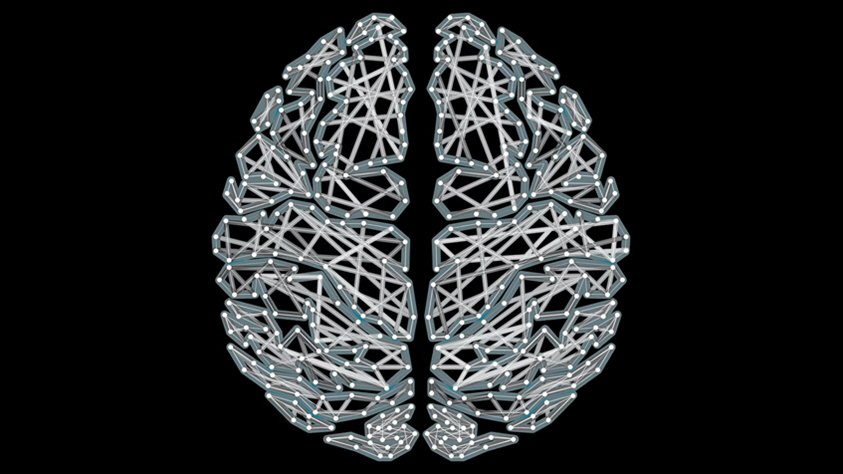English | [Special Column]the Paradox of Mind by Elizabeth Galton
Page information
Author Jogye On25-06-05 15:24 Views829 Comments0Related links
Body

The Paradox of Mind: Time, Thought, and Awakening
The mind is a paradox—both illusory and real. It processes the world through the senses, creating distinctions like light and dark, self and other. Yet, neuroscience and ancient philosophy agree that what we perceive as reality is constantly shifting. If everything is in flux, then nothing is ultimately real.
In Korean Zen, we often explore our identity and self. But who is the “self” that experiences these thoughts? If our understanding of ourselves is based on fleeting sensations and external validation, then we are, in essence, chasing illusions. The Buddhist concept of impermanence and modern physics’ understanding of quantum uncertainty both point to the same truth—what we call “reality” is a continuous transformation.
The Illusion of Time
Time is another paradox. We measure it by movement—the sun rising, a clock ticking, thoughts appearing and fading. But the past was once the present, and the future will be the present when it arrives. In this sense, there is only an “eternal now.”
Neuroscience shows that the brain anticipates the future and reconstructs the past based on memory, meaning time is as much a mental construct as a physical one. The great physicist Stephen Hawking pointed out that even the ‘Big Bang’ implies a moment before it—suggesting time itself is infinite, yet always only experienced as now.
This idea has deep implications for personal growth. We are often trapped in cycles of regret or anticipation, missing the truth that life unfolds in the present. Mindfulness practice, which has been shown to rewire the brain for greater emotional regulation and clarity, teaches us to break free from this mental time travel.
The Struggle to Become
One of the greatest sources of suffering is our desire to “become”—a better version of ourselves, wealthier, wiser, happier. This constant striving creates dissatisfaction. Even enlightenment, if sought as a goal, becomes another form of attachment.
Psychologists describe this as the “hedonic treadmill”—no matter what we achieve, we soon adapt and crave more. The true shift comes not from achieving, but from awakening to what already is. In Zen, this is called seeing one’s “original nature.”
Waking Up to Reality
The modern world rewards intellect, but deep insight comes from a different place—the intuitive mind. The scientist, Albert Einstein famously said, “The intuitive mind is a sacred gift, and the rational mind is a faithful servant.” Yet society values the servant and forgets the gift.
True awareness requires stillness. Meditation and self-inquiry are the tools that cut through illusion. As quantum physics suggests, the universe is ultimately empty of substance—just as the self, upon deep examination, is revealed to be a construct.
But here lies the paradox: if nothing exists independently, then everything exists as part of an interconnected whole.
In the end, to wake up is not to add knowledge, but to unlearn illusions. The journey begins with a single step—pausing, looking inward, and seeing clearly.
Copyright, Elizabeth Galton 2025


